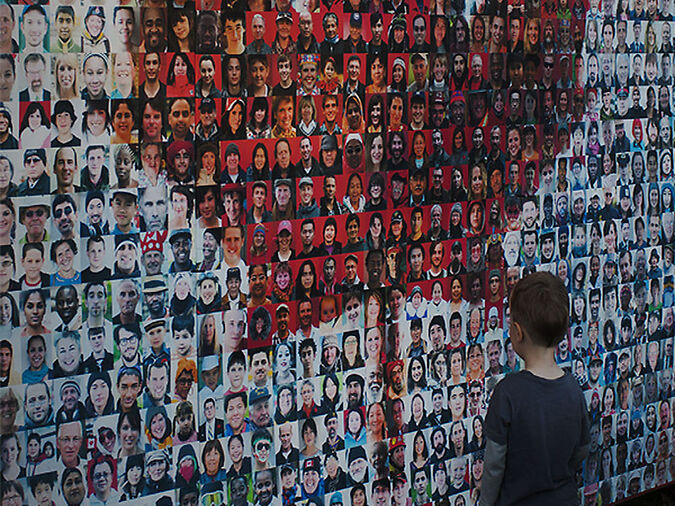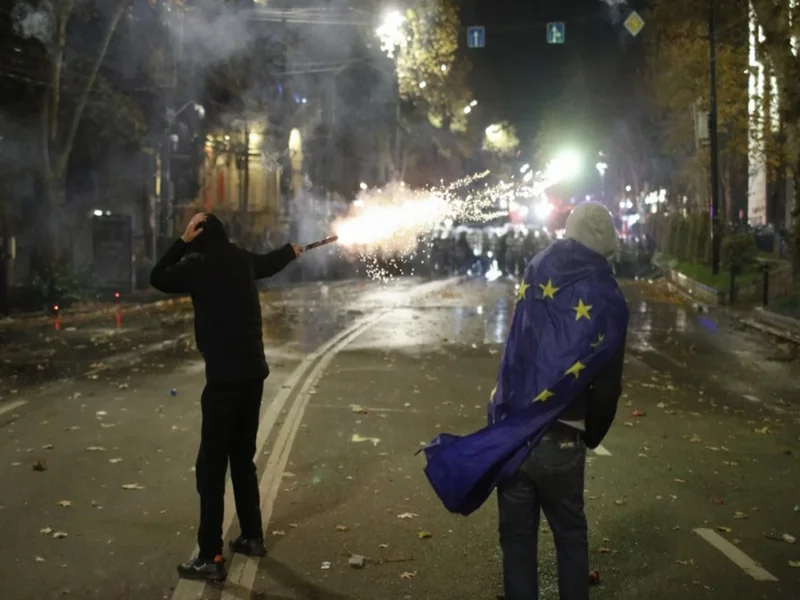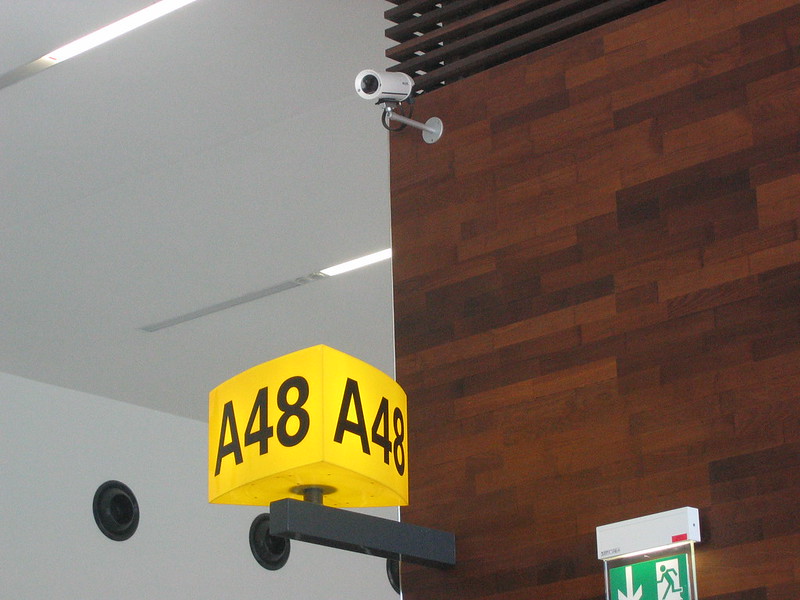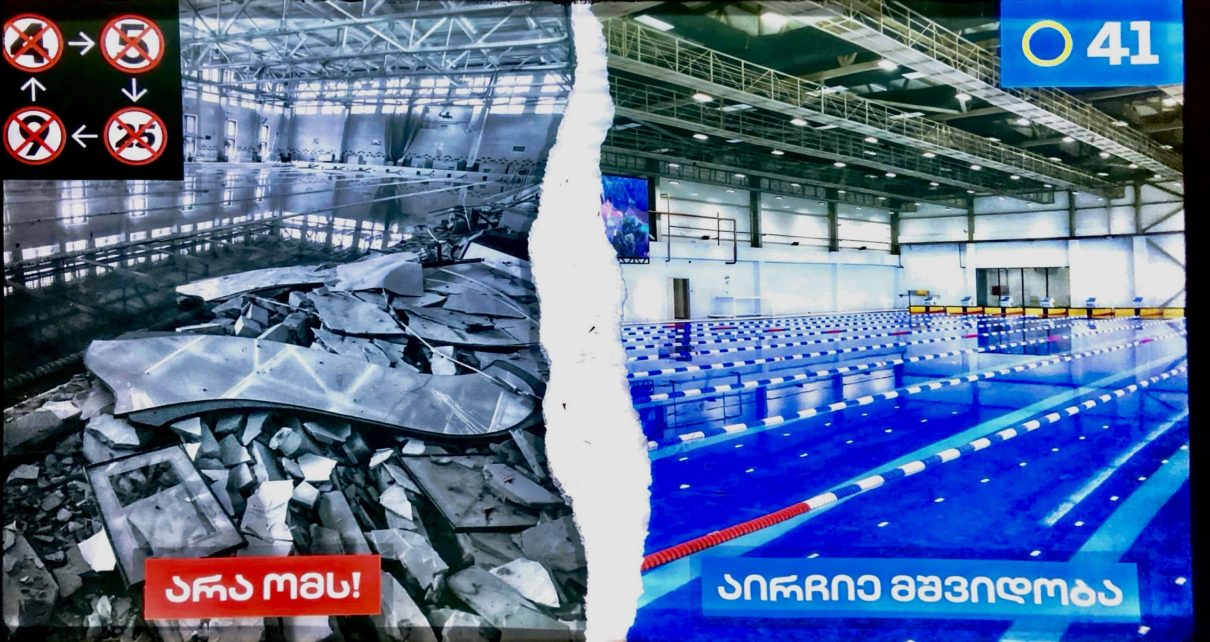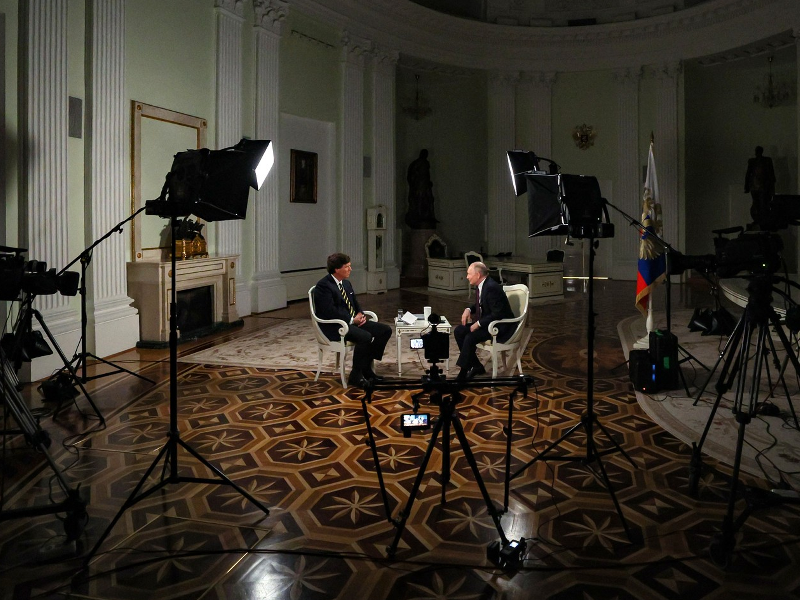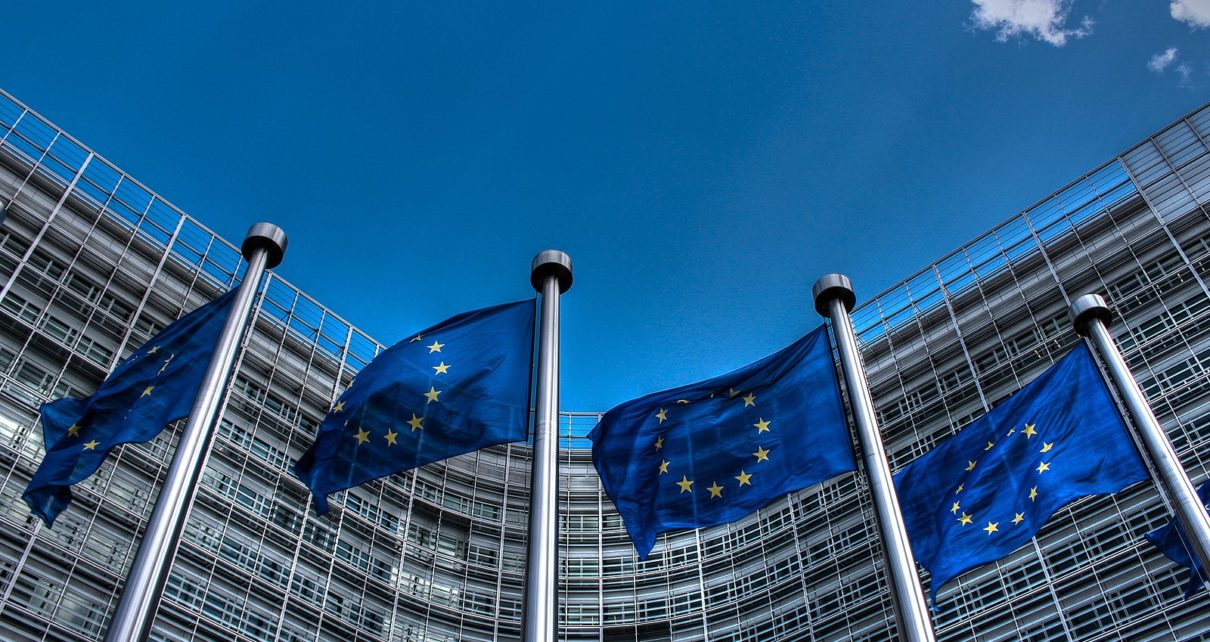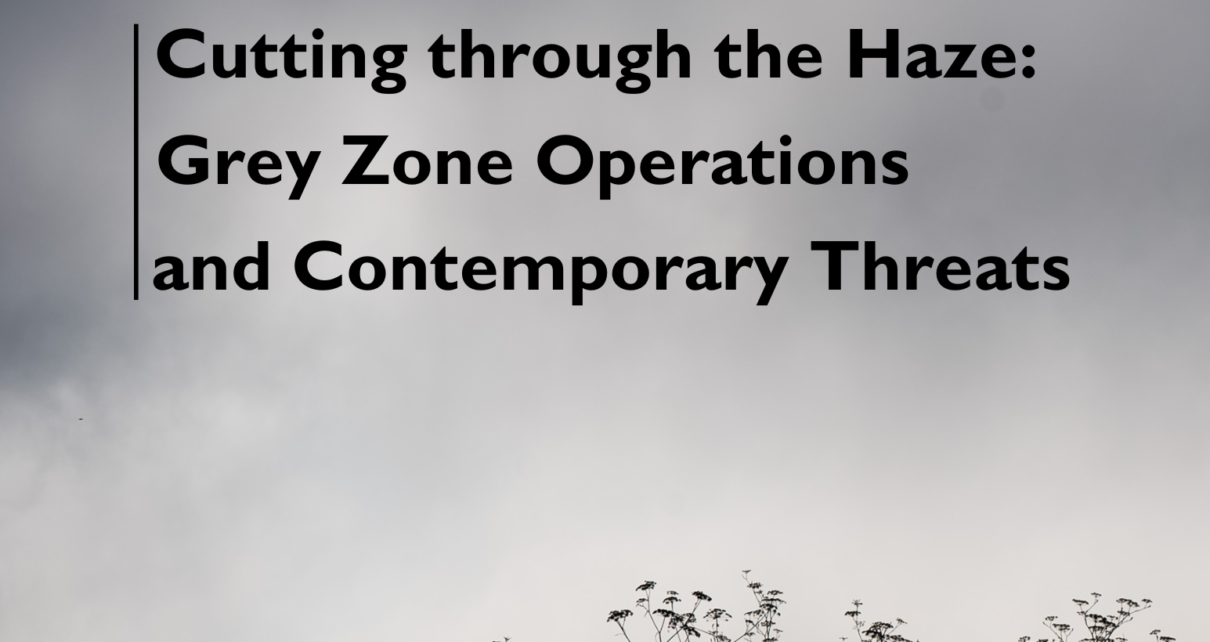Synthetic video content has become a permanent feature of today’s digital ecosystem, subtly shaping perceptions and influencing political and social decisions. Alongside this, hybrid warfare, blending conventional military tactics with cyberattacks and disinformation, has become a key strategy for adversaries. By exploiting the openness and connectivity of modern societies, these methods destabilize governments and deepen Read More…
Centre For Disinformation Studies
The Centre for Disinformation Studies (CDS) is a nonpartisan research and public outreach wing of the NATO Association of Canada, created in April 2019. The goal of the CDS is to facilitate engagement between academics, government, and the public on the topic of disinformation or ‘fake news’. Although disinformation has long been an aspect of human communication, new technologies and a changing international landscape have pushed the idea of disinformation into public awareness in unprecedented ways. The spread of disinformation in recent years has been facilitated by the proliferation of online social networks and digital information-sharing platforms. These new technologies have eroded public trust in conventional sources of information and have helped spread skepticism towards science, academia, and democratic institutions.
The Centre for Disinformation Studies has two main objectives. The first is to provide an interdisciplinary platform for scholars from across the country and beyond to share and discuss research relating to the study of disinformation. The second objective of the CDS is to help disseminate academic research on disinformation to the public in an accessible and engaging manner. By directly engaging the public and helping to bridge the gap between academic research and societal perceptions, the CDS aims to improve the public’s ability to engage critically with information spread through new digital technologies. The CDS also works to strengthen Canadians’ cultural resiliency towards misleading information or conspiracy theories by providing resources to help the public navigate an increasingly confusing information landscape.
Misinformation and the Asian-Canadian Experience
Misinformation, disinformation, and malinformation (MDM) have long shaped public understanding and state policy, particularly when it comes to racialized and immigrant communities. For Asian Canadians, these false narratives are not a new phenomenon—they are deeply rooted in a colonial framework that defined Asia and its peoples through a lens of Orientalism. Coined by scholar Edward Read More…
“Democracy Is Never A Guarantee:” Georgia’s Young Protesters on the Frontlines Against Russian Disinformation
In October 2024, the Black Sea state of Georgia held a heavily disputed parliamentary election. Foreign policy dominated pre-election discourse among parties. For both the current ruling party and the various parties making up the opposition, the future of relations with the European Union (EU), NATO, and Russia were at the center of the discussion. Read More…
Canada’s Surveillance Paradox: How Privacy Laws Fuel Racialized Monitoring
Canada’s Expanding Surveillance State As global security concerns intensify, Canada has significantly expanded its border surveillance infrastructure under the justification of national security. Privacy laws, which are intended to protect individuals from government overreach, have instead been leveraged to enable invasive data collection and monitoring. This paradox is most evident in the way Canadian authorities Read More…
Canada’s Struggle to Combat Information Disorder
In an age where digital information disorder spreads faster than ever, Canada faces mounting challenges in regulating the flow of misleading content. As a NATO member, its battle against MDM (misinformation, disinformation, and malinformation) is not just a domestic issue—it is an integral part of the alliance’s broader efforts to combat hybrid warfare. The struggle Read More…
“The Global War Party”: Anti-Western Rhetoric in the 2024 Georgian Parliamentary Elections
This article was originally published as an intern contribution at the Georgian Foundation for Strategic and International Studies. Fear of war has long shaped Georgian domestic politics. Conflict between Tbilisi and Russian-backed separatists in the regions of Abkhazia and Tskhinvali (South Ossetia) left the country fragmented following the collapse of the Soviet Union. 2008 saw Read More…
Russian Disinformation and the West
In Vladimir Putin’s now infamous interview with Fox News journalist Tucker Carlson, the president continued a proud tradition of his Russian administration. The president spent hours rhapsodising Russia as a victim, a country that is perpetually under assault from the unjust and subversive forces of the West. This narrative is in line with the rhetoric Read More…
Mapping Russian Disinformation Narratives And Their Influence Across Europe In The Face Of The 2024 European Parliament Election
Since Russia’s full-scale invasion of Ukraine, the threat of pro-Kremlin disinformation in Europe has become a matter of increasingly pressing concern. This is particularly true for NATO members that provide Ukraine with significant military and humanitarian aid. Between February and March of 2022, Russia’s state budget for mass media increased by 433 percent, as “the audience and reach Read More…
The Charter of Rights and Freedoms vs. Vaccine Mandates in the Canadian Armed Forces
With the growing reach of social media and communication technologies, misinformation and disinformation have become so prevalent that it can now be difficult to discern between what is true and false. While “misinformation” refers to false information, “disinformation” denotes the deliberate propagation of false claims. One of the most recent disinformation crises to grip society Read More…
Summer 2023 NATO Association of Canada-Canadian Army Journal Co-Publication Released
The NATO Association of Canada is pleased to announce the publication of its summer 2023 publication, Cutting through the Haze: Grey Zone Operations and Contemporary Threats. Produced in collaboration with the Canadian Army Journal (CAJ), the volume explores grey zone operations and other dimensions of today’s threat landscape. The grey zone, which the volume describes Read More…


